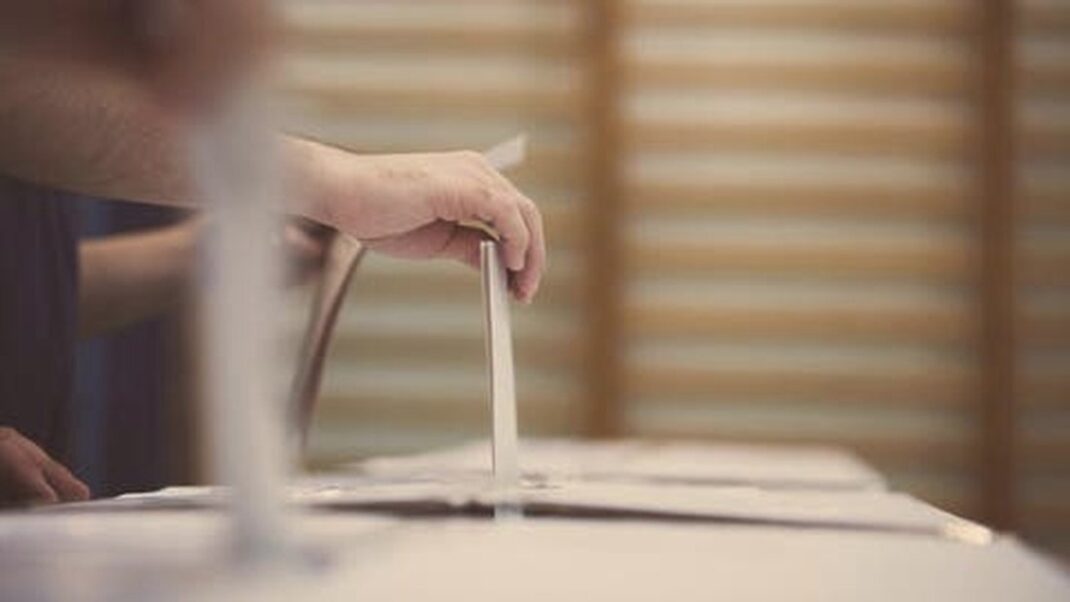The committee did not name a new date, leaving the internationally-backed peace process in chaos and the fate of the interim government in doubt.
“After consulting the technical, judicial, and security reports, we inform you of the impossibility of holding the elections on the date of 24 December 2021 provided for by the electoral law,” the chairman of the committee wrote on Wednesday to the head of parliament.
It was the first official announcement of a delay, which had been widely expected amid ongoing disputes over the rules.
Following the announcement, Libya’s High National Electoral Commission, which is charged with handling the practicalities of any vote, suggested postponing the first round of the presidential election until 24 January, according to a statement on its Facebook page.
Large numbers of Libyans had already registered for voting cards for the election in what politicians on all sides in Libya have said is a sign of the strong popular desire for a vote, Reuters reported.
Armed groups had been spotted throughout Libya’s capital city Tripoli early on Tuesday morning.
Images circulated on social media showed tanks and armed vehicles deployed on roads in southern Tripoli and blocking traffic.
Amid the deployment of military forces, the University of Tripoli and schools in the city’s south suspended classes, according to local news sources.
Mandate expires Friday
With the major mobilisations in Tripoli and other western areas by armed groups, the collapse of the electoral process risks aggravating local disputes and triggering a new round of violence.
Disputes over the path forward could also undo the wider UN-backed peace process between Libya’s main eastern and western camps that have maintained a ceasefire since last year.
Meanwhile, the status of the interim government that was installed in March as part of the same peace process is also at risk, with the eastern-based parliament having withdrawn confidence from it in September, Reuters reported.
The parliament’s electoral committee’s statement on Wednesday added that the government’s mandate would expire on Friday.
The election was originally called through an UN-backed roadmap that envisaged simultaneous parliamentary and presidential elections on 24 December – Libya’s national day.
However, there was no agreement on the constitutional basis for the election or on the rules among the country’s fragmented political institutions.
Divisive candidates
In September, the speaker of parliament Aguila Saleh, himself a presidential candidate, issued a law that his critics said was not properly passed through the chamber, deviated from the roadmap, and was crafted to benefit himself and his allies.
With little agreement on the rules, or who would enforce them or adjudicate disputes, the entry of highly divisive candidates into the presidential race helped trigger the collapse of the process.
The three most prominent candidates – eastern commander Khalifa Haftar, the son of the former Libyan ruler Saif al-Islam Gaddafi, and interim Prime Minister Abdulhamid al-Dbeibah – were also the three most divisive.
Haftar was unacceptable to many in western Libya after his 2019-20 assault on Tripoli that smashed parts of the capital. Gaddafi was convicted of war crimes by a Tripoli court and is reviled by many of those who fought in the 2011 revolt.
Dbeibah had promised when he was installed as premier that he would not run in an election and his continued work as prime minister in the run-up to the vote led many of his rivals to say he had an unfair advantage.
UN special advisor Stephanie Williams said on social media she had been meeting members of the political forum that began the electoral process last year and reiterated the need for “free, fair and credible elections”.
________________





